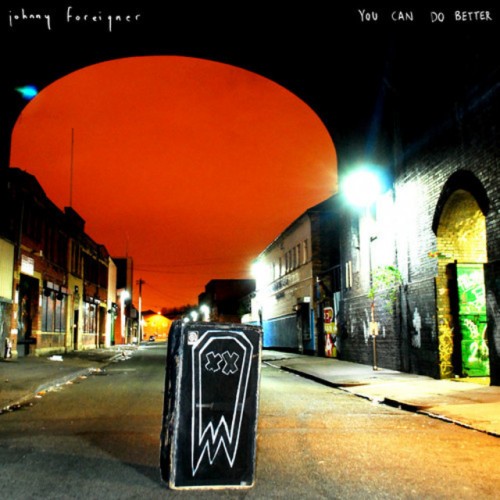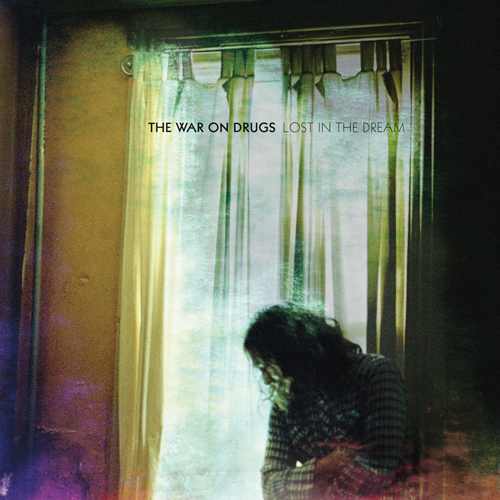Print Edition: March 26, 2014
Johnny Foreigner
You Can Do Better
Where many other bands that link their lineage to the pop-punk genre today feel inspired to emulate decades past, sometimes adding in the sounds of psychedelia, riot grrrl, or other garage-sourced creations, Johnny Foreigner acts like a band that has kept playing and playing themselves into the present. Alexei Berrow sounds the punk-front part, sometimes yelling, sometimes talking in a shouty mock suprise, whil rapid-fire drums and guitarwork attempt to outpace speaker capabilities, causing a climactic breakdown every song or so. But You Can Do Better is also Johnny Foreigner fitting a genre to a point of view, not the other way around. The most notable EP lead-up to their new album (the band usually releases several per year), NAMES, had rhymes as a fine-tuned focus, but Berrow and Kelly Southern’s vocals find ways to simply express sometimes contradictory points of view without that crutch, whether the duelling stories on “To the Death,” the adolescent twist of “Please let us get what we want! / Please let us want what we need!,” or the somewhat clever, surprisingly understated stand-ins for subjects this genre is usually thought to be too immature to tackle well on “WiFi Beach,” “Devastator,” and the album’s bookends.
The War on Drugs
Lost in the Dream
Lost in the Dream is a good folk-rock record, but it’s a record that’s hard to scrutinize. Relying more on lucid, emotional heights, Lost in the Dream is a record that’s meant to be soaked in rather than analyzed. Yet, it somehow manages to be both intimate and huge all at the same time. “Red Eyes,” the album’s explosive lead single, acknowledges 1980s heartland rock troubadours with its dedicated style and lyrical outpouring of modern disillusionment. The songs are busy, with complex, reverb-slabbed instrumental breaks appearing in almost every song, but it’s the subtle modifications in the midst of each song that sustains Lost in the Dream for its hour-long runtime. Whether it’s the steady drum beat halfway through “Under the Pressure,” the triumphant piano chords at the midway point of “Suffering,” or the shimmering acoustic guitar that surfaces near the end of “In Reverse,” the little things make all the difference on a record that could have easily drowned in overproduction. Lost in the Dream is packed with big hooks and the band’s signature sonic fog; it is poised to carry War on Drugs out of obscurity and into mainstream consciousness.



